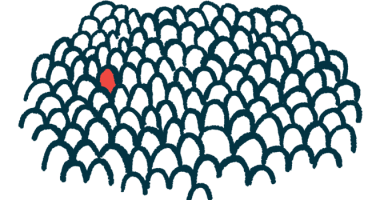
Newly Diagnosed: Taking the First Step on Your Journey
Becoming educated is a good place to start on your journey with Pompe disease. Whether you are a patient or a caregiver, knowing as much as possible about the disease will help you be a more active participant in your or your loved one’s healthcare. Learn more below about Pompe, its causes, symptoms, and how it’s diagnosed.
Overview
Pompe disease is a rare genetic disorder characterized by the abnormal buildup of a complex sugar molecule called glycogen inside cells. This buildup impairs the workings of different organs and tissues, especially the heart and other kinds of muscle.
Types
There are three types of Pompe disease, classified according to the disorder’s severity and age of onset. They are the classic infantile form, non-classic infantile form, and late-onset form. Broadly, the type of Pompe disease a person develops partially depends on the type of GAA mutations they have.
Causes
Pompe disease is caused by a mutation in the GAA gene, which provides instructions for making the enzyme acid alpha-glucosidase or acid maltase. This enzyme breaks down glycogen, a complex sugar molecule. In people with Pompe, glycogen cannot be broken down and builds to toxic levels inside cells.
Symptoms
Muscle weakness and poor muscle tone are the primary symptoms of all three types of Pompe disease. Generally, symptoms tend to be more severe and the disease tends to run a more aggressive course the earlier the symptoms first start to appear.
Diagnosis
Diagnosing Pompe disease can be complicated, and it may take time for a definitive diagnosis to be reached. A diagnosis can be confirmed by assessing the activity of the GAA enzyme in cells obtained from the skin, muscles, or blood. Testing for GAA gene mutations also can help confirm the diagnosis.
Living With Pompe Disease
Standard care for Pompe disease is lifelong injections of enzyme replacement therapy, usually once every two weeks. Patients may also need to see a variety of specialists such as pulmonologists, cardiologists, and physiotherapists to help them manage the different symptoms of the condition.






